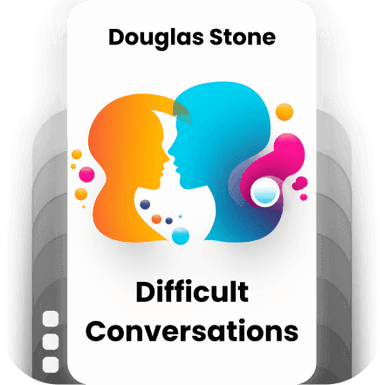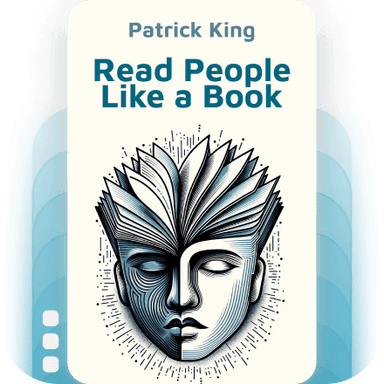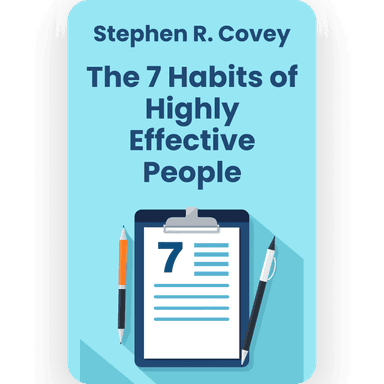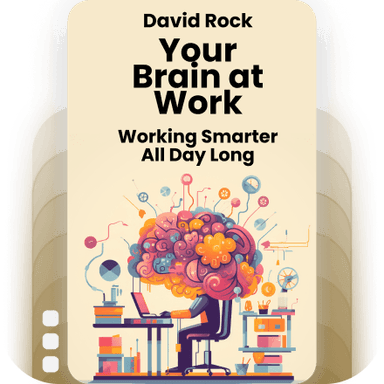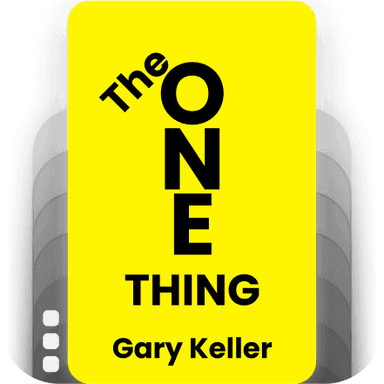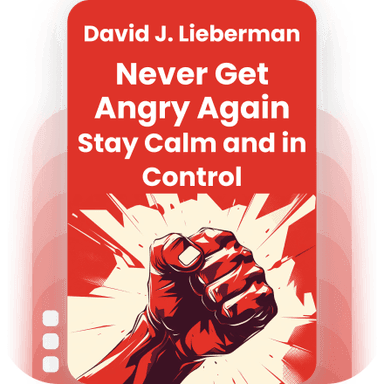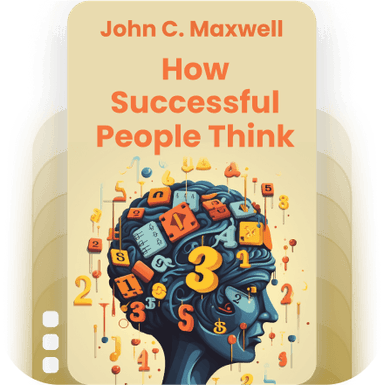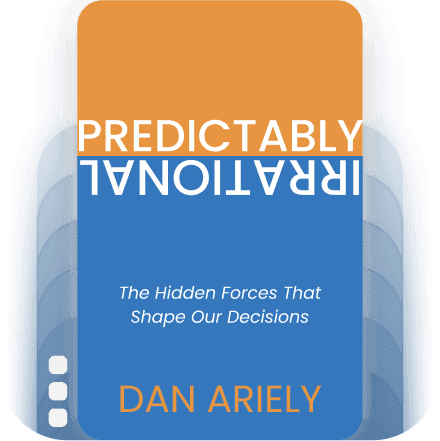
Predictably Irrational: The Hidden Forces That Shape Our Decisions
Dan Ariely
4.4 - 5 ratings
10
List Points
10
Chapters
5
Topics
Description
This book delves into the surprising and often counterintuitive ways in which human beings make decisions, revealing that our choices are not as rational as we like to believe. Dan Ariely uncovers the hidden psychological forces and biases that influence everything from our shopping habits to our inability to save for the future, challenging the notion that human behavior is primarily driven by logical thinking. Through engaging experiments and insightful analysis, the book aims to show how understanding these irrational impulses can lead to better decision-making and a more coherent understanding of human nature.
What will you learn?
By delving into this insightful book, you will uncover the surprising and often hidden psychological forces that drive our everyday decisions, challenging the notion that we behave rationally. Dan Ariely explores concepts such as the influence of social norms, the power of free offers, and how emotions can obscure our judgment. Through engaging experiments and relatable anecdotes, you'll learn how cognitive biases shape our behavior and discover strategies to make more informed and rational choices in your personal and professional life.
Who’s it for?
• Behavioral economics enthusiasts
• Psychology students and professionals
• Business leaders and marketers
• Policy makers and government officials
• Individuals interested in decision-making processes
Categories
Key Learning
Available chapters to listen for this topic- 1
Understanding the Illusion of Free
The concept of zero-cost items, why they influence consumer decisions disproportionately, and the behavioral economics behind the powerful lure of "free" in purchasing behavior. - 2
The Fallacy of Supply and Demand
An exploration of how arbitrary initial price settings (anchoring) can manipulate our perceived value of goods and services, affecting our willingness to pay. - 3
The Cost of Social Norms versus Market Norms
Differentiating the influences of social and economic exchanges on our decision making, and why we behave differently when money is involved even in social contexts. - 4
The Influence of Expectations on Perceived Value
How preconceived notions and branding impact our actual experience and satisfaction with products, and the role of marketing in shaping these expectations. - 5
The Problem with Ownership and the Endowment Effect
Examining why we overvalue what we own more than equivalent items we do not, and the psychological mechanisms behind our reluctance to part with possessions. - 6
The Effects of Decision Paralysis
Understanding how having too many choices can overwhelm us, lead to decision fatigue, and ultimately result in poorer decision-making or complete inaction. - 7
Procrastination and Self-Control Mechanisms
Insights into why we delay actions despite knowing better, and strategies like self-imposed deadlines to help mitigate procrastination. - 8
The Power of Price in Placebo Effects
Demonstrating how the price of medication or treatment can enhance its perceived effectiveness, purely due to psychological factors, even when the actual product is identical. - 9
Contextual Influences on Decision-Making
Analysis of how the environment and circumstances surrounding us influence our choices, and the concept of relativity in our evaluations and decisions. - 10
The Role of Emotions in Economic Behavior
Exploring how our emotional states can lead to irrational decision-making, and the importance of recognizing and mitigating the influence of emotions on our economic choices.


